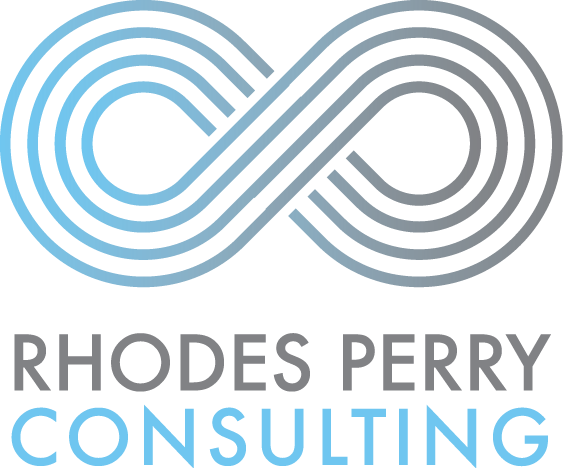The Call to Imagine Belonging…on a Global Scale Starts Now…
During this February 22 livestream event, I challenged participants to imagine belonging…on a global scale. Nearly two weeks later, this call to action is all the more pressing.
As the battle drums of war amplify, and the Russia’s leadership continues to threaten the lives and well-being of innocent Ukrainian civilians, the Russian nuclear forces are on alert, which also threatens all life on Earth.
To be clear, the majority of people in both Russia and the Ukraine are vociferously opposing war, just as the people of the European Union, those of us in the United States, and around the world.
We do not want war. Nothing good comes from it…
The only thing war accomplishes is strengthening the toxic elements of the dominant culture. The elements steeped in white supremacy culture that harm nearly all of us.
As the war escalates, so too do the following traits defined by Tema Okun and Kenneth Jones:
Power hoarding. The belief that power is scarce, and that sharing it will reflect poorly on those leading.
Paternalism. Believing that only those with positional power have the capacity to make sound decisions impacting a larger group of people.
Defensiveness. The need to protect power rather than clarify who has power and how they are expected to use it.
Many falsely believe that embracing these traits ensures survival. Perhaps that’s why many of us subconsciously transfer them from generation-to-generation without question.
Among the many roles DEI professionals and inclusive leaders play is that we are peacekeepers. We actively practice peace in the transformational DEI work we lead.
As peacekeepers, we are likely to transfer a different set of beliefs & behaviors that you will pass along to future generations.
This is our mark on our culture.
As we intentionally transfer a different set of beliefs and behaviors, we empower more of our colleagues to unlock their fullest potential to thrive, just as we do for ourselves.
We have the power to serve as possibility models as we continue to transform the toxic forces of dominant culture into belonging culture forces. As we lead inclusively, we likely:
Share Our power, giving people what they need, so that they can live their best lives.
Trust and welcome the insights of those impacted by the decisions we make to ensure the best positive outcomes.
Actively listen to understand, and not immediately respond. We listen to observe and learn from the feedback we receive.
To continue to practice this kind of peacekeeping as inclusive leaders at work, please pick up a copy of Imagine Belonging today. This timely book will inspire those that read it to steer away from the status quo, and instead build a culture at work with more safety and trust.
During these challenging times, please continue to grow the #BelongingMovement on a global scale. Below are a few resources that will help advance these acts of peace and support to the Ukrainian people:
Global Citizen. 25 Meaningful Ways You Can Help Ukraine, found here.
NPR. Want to Support Ukraine? Here’s How You Can Help, found here.
Them. How to Help LGBTQ+ and Black Ukrainian Refugees, found here.
Thank you for growing the #BelongingMovement.


